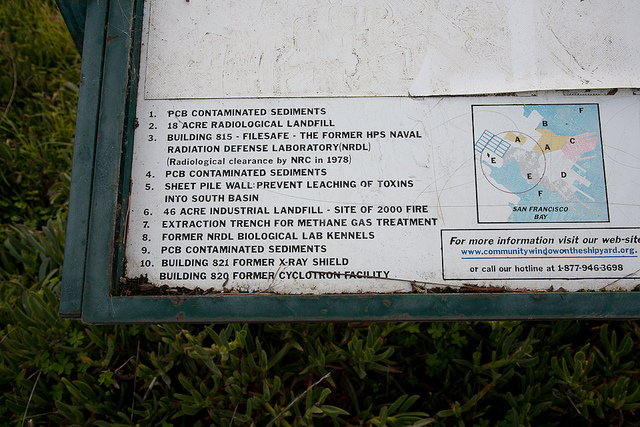World
Children Still Soldiers in Global Battlefields
|
Up to 200,000 children have been forced into armed service by government troops and rebel groups in 20 countries throughout Asia, Africa, the Middle East and Latin America, according to news reports. This ranges from conscription of teenage boys into the Peruvian army, as reported in LivinginPeru.com, to grim stories of children used in terrorist operations. In one such incident, Inter Press Service reports that Iraqi insurgents placed explosives on a young girl and detonated her by remote control. The worst abuses are found in Myanmar, Chad and the Democratic Republic of Congo; insurgent fighters in Afghanistan, Burundi, Nepal, the Philippines, Somalia, Sri Lanka, Uganda and Colombia also habitually conscript child soldiers. The Daily Star of Lebanon also reported various Palestinian groups are still using children as soldiers.


